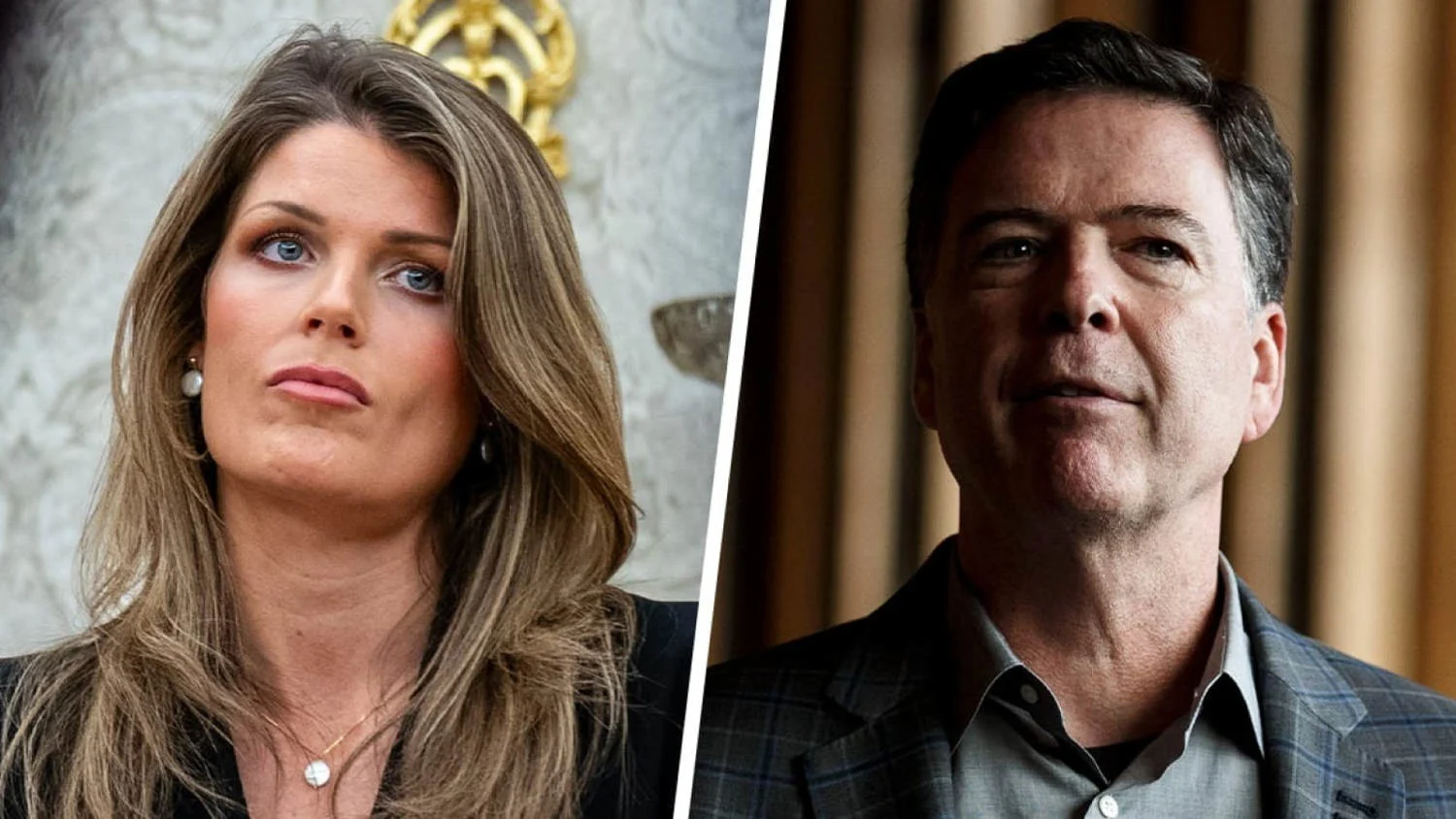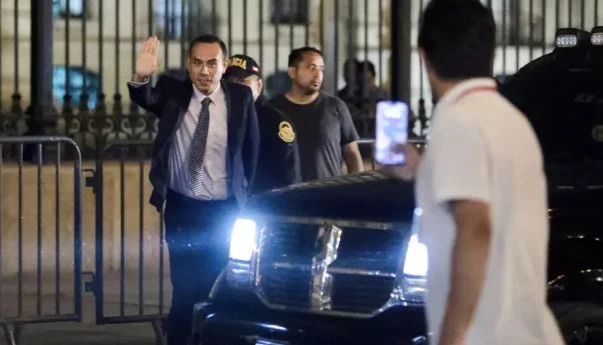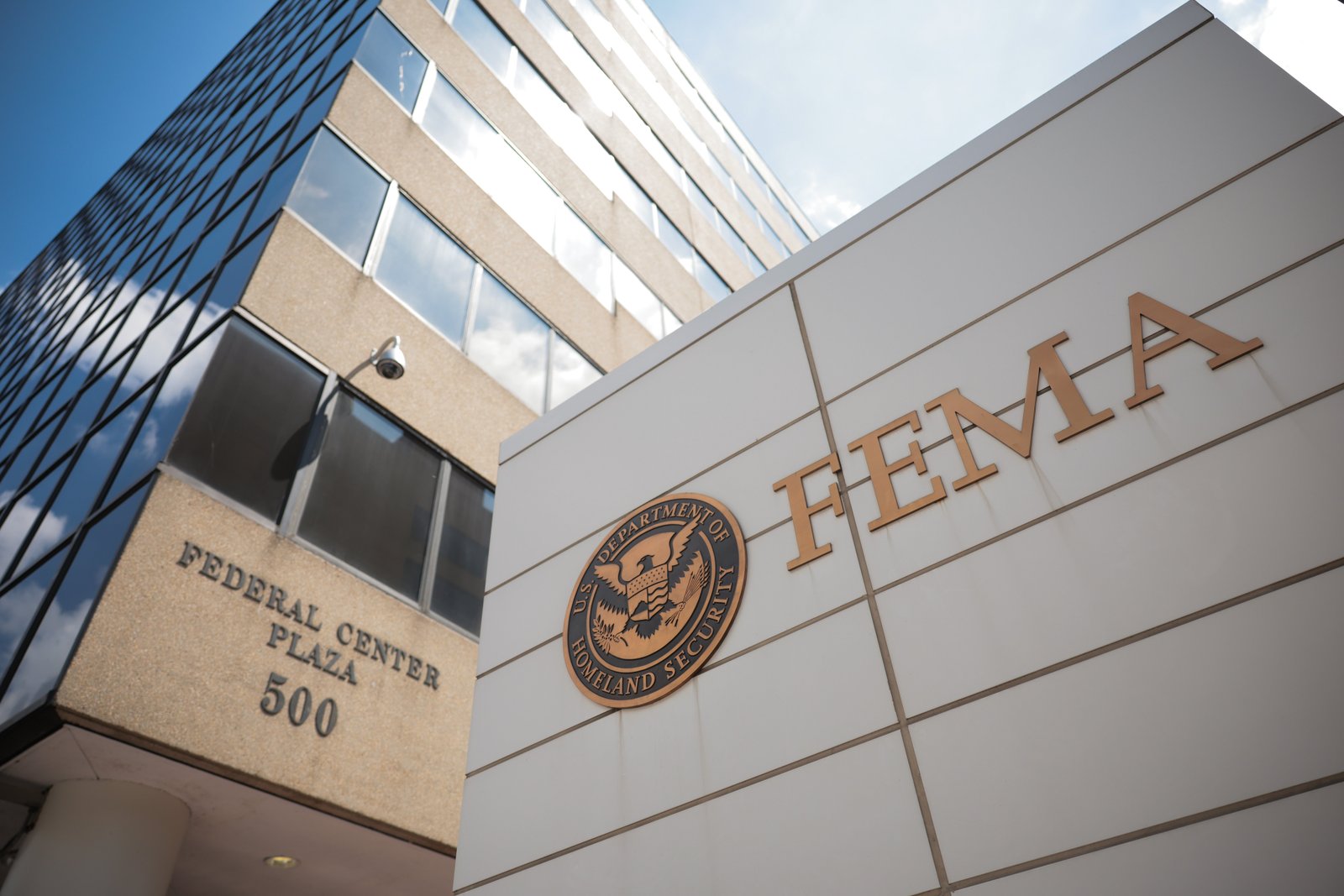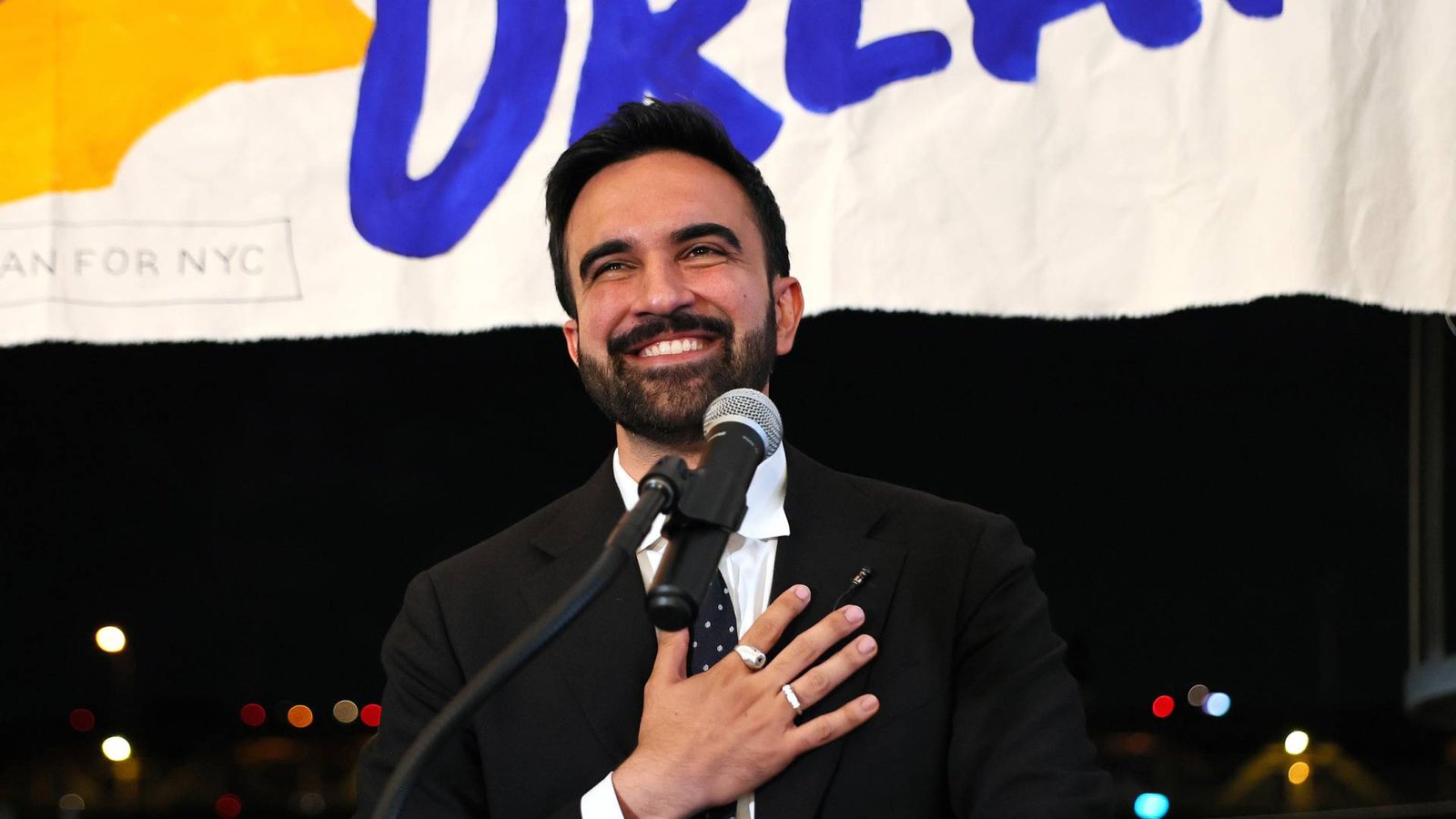Trump attorney and interim U.S. attorney Lindsey Halligan revealed in court that the full grand jury never received the final indictment against former FBI director James Comey.
Halligan’s admission has drawn sharp criticism from legal experts and former government officials, who say it undermines the prosecution’s case and highlights serious incompetence within the Department of Justice.
Catherine Christian, legal analyst for MS NOW and former Manhattan assistant district attorney, said the oversight is a “Russian doll of blunders,” pointing to multiple layers of procedural mistakes that could compromise the case.
Miles Taylor, former Department of Homeland Security chief of staff and founder of Defiance.org, noted that failing to present the indictment to the grand jury creates a critical gap in the prosecution’s legal process. “This isn’t just a small error,” Taylor said. “It goes to the very heart of the DOJ’s ability to manage high-profile cases effectively.”
The revelation comes amid intense scrutiny of the Justice Department’s handling of politically sensitive investigations. Critics argue that the oversight could cast doubt on the legitimacy of the case and fuel public skepticism over DOJ impartiality.
Halligan’s testimony also reflects broader concerns about procedural rigor in grand jury proceedings. Legal experts say that grand juries must review the final indictment to ensure they understand the charges and evidence against the defendant. Failing to do so could leave the case vulnerable to dismissal or appeals.
The case against Comey has already attracted national attention, partly because of its high-profile nature and connections to former President Donald Trump. Halligan’s disclosure adds another layer of controversy, as it calls into question the DOJ’s internal review processes and oversight mechanisms.
Christian emphasized that procedural missteps like this could have lasting effects. “When the grand jury isn’t fully briefed, it weakens the entire prosecution,” she said. “It’s not just a technicality. It’s a fundamental flaw that could derail the case.”
Taylor echoed those concerns, saying that DOJ credibility depends on strict adherence to procedural rules. “This blunder feeds narratives about political bias and inefficiency,” he said. “It damages trust in the Justice Department at a time when transparency and accountability are crucial.”
Observers say the fallout from Halligan’s admission could extend beyond the Comey case. Lawmakers and legal analysts are calling for a review of DOJ practices to prevent similar errors in future high-profile investigations.
The DOJ has yet to comment publicly on Halligan’s revelation. It remains unclear how the department will respond or whether corrective measures will be implemented to address the oversight.
As the legal community assesses the implications, the case highlights the importance of procedural diligence in maintaining the integrity of U.S. justice. Legal analysts warn that even small missteps can have outsized consequences when politically charged cases are at stake.







